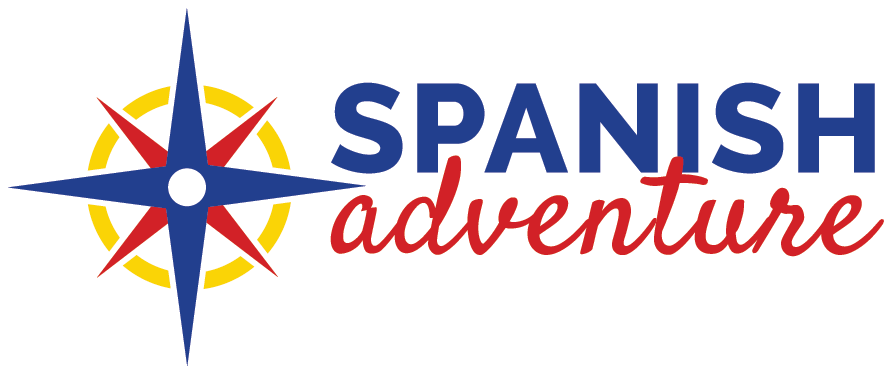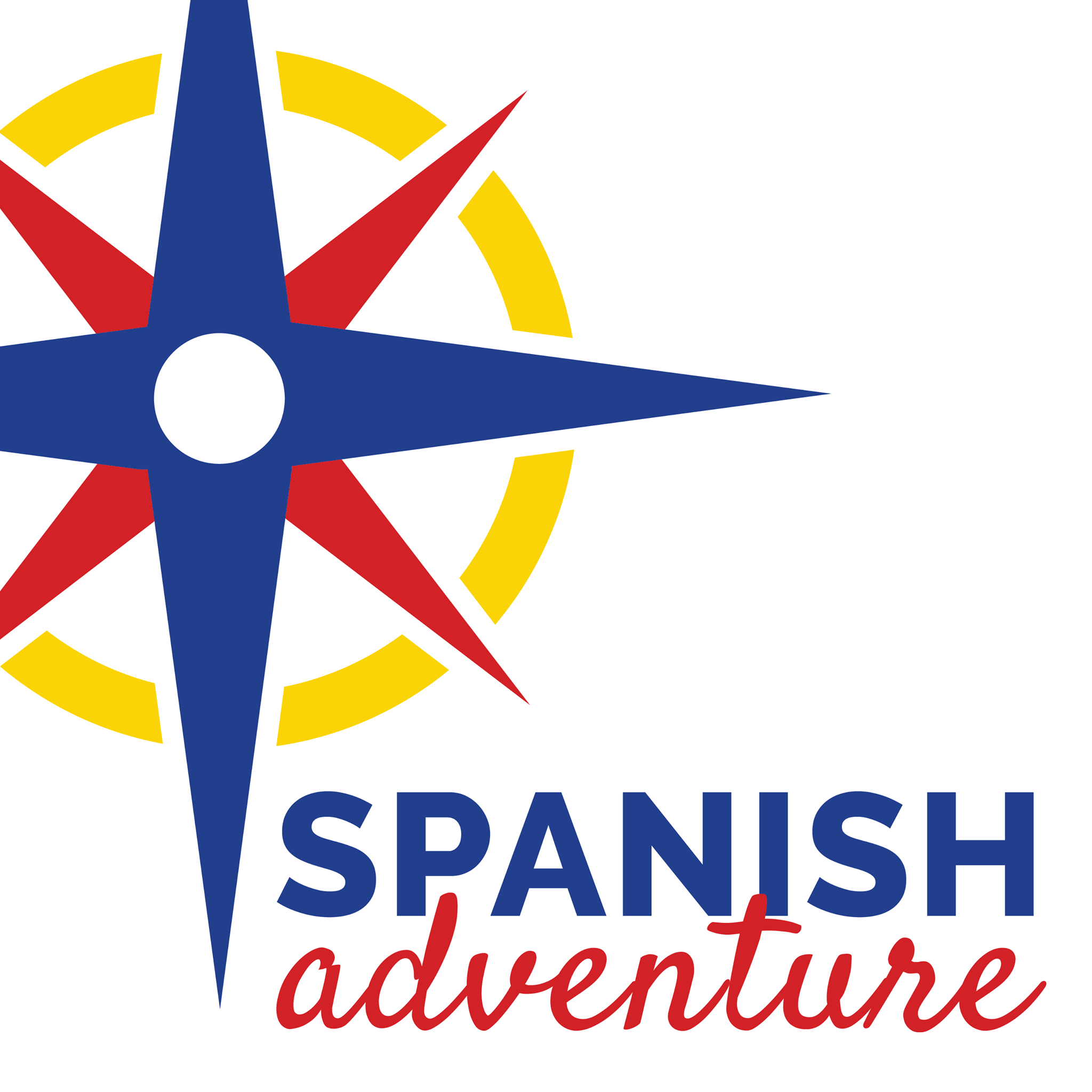
THE SPANISH ADVENTURE BLOG

Why Learning a Language is the Ultimate Practice in Mindfulness

Life experience over job experience
Like with most tasks that have been put on hold for a while, I’m having a hard time finding a place to start. So why not start in, uhm, southern Italy, in June 2019. Back then I was on vacation, camping and surfing with some good friends. The weather was incredible, our camping site was located right by the ocean and the wind was strong. Shortly before, I had just started my first job in a rehabilitation hospital after finishing university for a degree in psychology. My original wish was to travel the world before starting my career, but that’s kind of difficult when you don’t have any money saved up for it. So I did what my parents urged me to do: I took the path of flawless CV’s and least resistance, leading straight into the world of full-time-work. I searched for a job to begin my therapy program, found one, and eventually started helping people get their life back together while mine was not really where I wanted it to be.
Welcome
We are an immersive Spanish school located just outside Medellin, Colombia. Our passion is sharing the nature and culture of Colombia. We believe learning Spanish is an adventure.
Blog Categories:
Tags
- Adventure near Medellin
- Best Spanish school
- Colombia
- Colombia culture
- Colombia life
- Colombian culture
- Colombian life
- History of san carlos antioquia
- Learn Spanish
- Learning Spanish in Colombia
- Pablo Escobar
- San Carlos
- San Carlos Antiquia
- Spanish Adventure
- Spanish school
- Tejo
- Tourism
- Travel
- What to do in Colombia
- adventure
- adventure colombia
- adventure in colombia
- adventure sports
- adventure trip colombia
- antioquia
- backpack south america
- backpacking
- backpackingtocolombia
- beginner spanish
- canyoning
- colombia weather
- colombian nature
- colombian slang
- colombian traveller
- covid
- cultural experience
- culture
- digital nomad colombia
- ecotourism
- empanadas
- environment
- farm
- fiestas del agua
- fitness
- fruits in Colombia
- gastronomy of san carlos
- guatape
- hiking in san carlos colombia
- hiking near medellin
- history of San Carlos

